Writing Summer Camp For Kids
KIDS FIND THEIR VOICES AT THE AUTHOR QUEST WRITING CAMP

Kids share their stories around the fire at night during the Author Quest writing camp for kids. (photo by Ken Wright aka ‘Papa-razzi’)
Wolverine, Michigan – The air, heavy and yellow with pollen, brushes across my skin like a ghostly caress. Green leaves shush and flutter—a sound I’m still appreciating after almost seven months of winter. The little creek that flows into the pond, beneath the lodge, and into the forest across Mackinaw Trail Road, chuckles and burbles to itself, an echo of remembered camper chatter. A few miles down the road, the creek joins the Sturgeon River, and the laughing water becomes anonymous in its rush to the lake.

Campers greet new arrivals to an Author Quest writing camp experience in Wolverine, MI. (photo by Ken Wright aka ‘Papa-razzi’)
The grounds of Wolverine Camps, established as a multi-purpose youth camp in 1968, include an 1880’s farmhouse, fields, forests, and a few ponds and streams leftover from the place’s original purpose as a turn-of-the-century fish hatchery.
The camp, host to Author Quest for four days in June, August, and December, is my home for the next four nights. I became an instructor at the camp two years ago when Ann Rowland, one of the camp directors and dear family friend, hired me to teach writing classes to the group of sixty 10-13 year olds.
Begun in 2007 by Ann Rowland and Jonathan Rand, author of the children’s series “Michigan Chillers” and “American Chillers”, the camp focuses on strengthening the campers’ writing skills. The campers take five write-shops and participate in writing based activities such as Firewords, a chance for the young authors to read their work aloud and gain feedback from instructors and peers in a nonthreatening and encouraging environment around a crackling campfire in the blue Northern Michigan evening.

Kids enjoy working on their writing pieces in the sunshine. (photo by Ken Wright aka ‘Papa-razzi’)
Two years ago my first night of camp was laced with anxiety and anticipation, probably much like the campers themselves. My third year, the chaos of campers arriving is void of anxiety and full of expectation and joy. Familiar faces, a year older now, appear through the lodge’s doorway, excitement lighting smiles from within as returning campers greet old friends and begin making new ones. Enthusiastic counselors herd animated, eager campers into groups, leaving no time for the tears that often spill as parents close car doors and pull onto the two-lane highway, entrusting our staff to the care of their kids.
Papa-razzi, our resident photographer, wanders through clusters of vibrant youngsters, camera flashing. These captured moments will appear on the website by the end of the day so that apprehensive parents can ease their minds with daily photos of their child smiling, interacting with other young people beneath benevolent old pine trees, and writing with such concentration they don’t notice their picture is being taken.

Rachel Mills shares insights on creative non-fiction writing with campers at Author Quest. (photo by Ken Wright aka ‘Papa-razzi’)
I teach five write-shops over three days, discussing what I can of creative nonfiction in an hour and a half. Other instructors discuss song-writing, the writing process, inspiration, and grammar techniques. I’ve taught beneath the soaring steel top-beams of “The Roof” an outdoor multi-court basketball facility tucked into the tree line. One year a goshawk screeched and swooped above our heads as students wrote. I’ve taught around the fire pit, crickets chirping in the long grass, an accompaniment to the scratch of pencils on paper. I’ve taught upstairs in the lodge, the musty scent of damp building tickling my nostrils and the voices of decades of campers whispering in the walls. I’ve taught around the picnic tables next to the pond, forced to raise my voice over the waterfall’s rushing woosh.
I’ve been to several Writer’s Retreats, and I’ve talked to many others who have attended such events, and I realized that Author Quest is much like a Writer’s Retreat, but for adolescents.
As creators, writers often need a sense of validation about their work—it’s an incredibly personal thing to put your voice and experiences out for the world to read, empathize with, judge, and critique. This is very true of adult writers who are working to get published, but it is also true of young writers. These young people live in a world where to stand out for liking reading and writing isn’t often appreciated by anyone but teachers or parents, and that’s if they are lucky.

Evening gathering with campers to share stories and inspiration. (photo by Ken Wright aka ‘Papa-razzi’)
I lean against the giant, sappy pine that overshadows the lodge. The lawn is dotted with children, in groups and singular, writing in notebooks, reading books, or reading aloud to one another. Warm air stirs the pollen, turning this moment’s laughter yellow.
Under the willow sits Lila, her long hair trailing over her shoulder like a storybook princess. Last year when she read aloud at Firewords, her voice was muffled and she didn’t look up to meet anyone’s eye. Two nights ago a confident young woman projected her voice into the evening, her essay, “The Prince of Thorns” winning the camp’s short story contest. At the crest of the little hill above the pond sits Ryan, his ten year old face serious beneath his Cabela’s Kentucky baseball cap. Earlier in the day he read to me from his historical fiction work about the Boston bombing, in which he takes on the complicated relationship between a boy and his father. Three eleven year olds giggle and hush themselves, returning to their notebooks obediently. Among them is little Natalie with the enormous smile, who is working on a story about a young girl with multiple personality disorder entering middle school. Chiara is writing a novel, and so is Shaina. Noah and Anna’s poetry brought tears to my eyes.
Parents begin arriving around 9 am the last morning of camp. Awards are handed out, hands are shaken, and hugs given. Many parents have tears in their eyes as they gather their child’s sleeping bag, pillow, and backpack, the young person they are returning home with a marked contrast to the one they dropped off four days ago. These children hold their heads high, their smiles wide and proud as they greet friends and siblings. They leave knowing a bit more about their craft, knowing that their words matter, knowing that they have a voice.






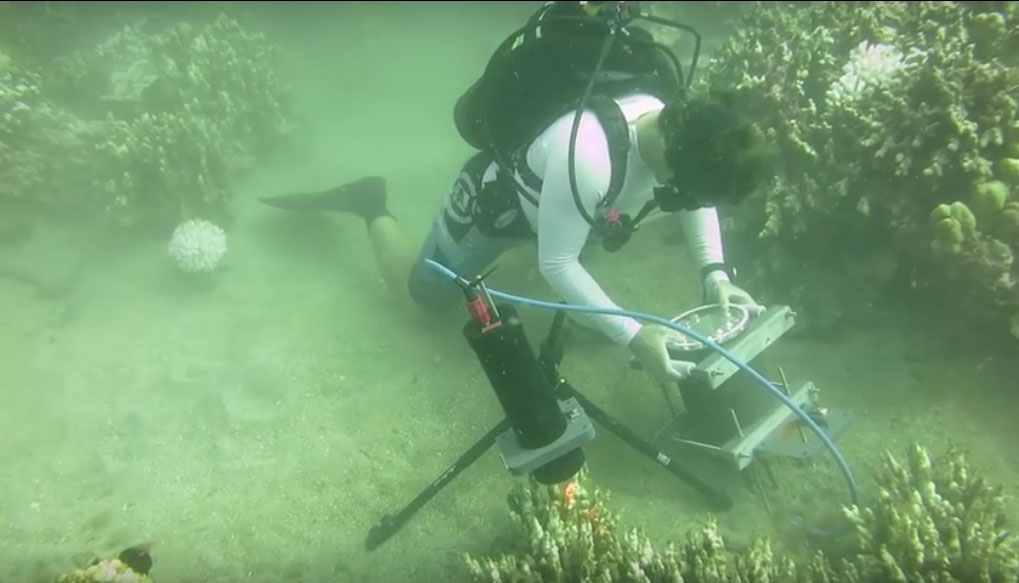

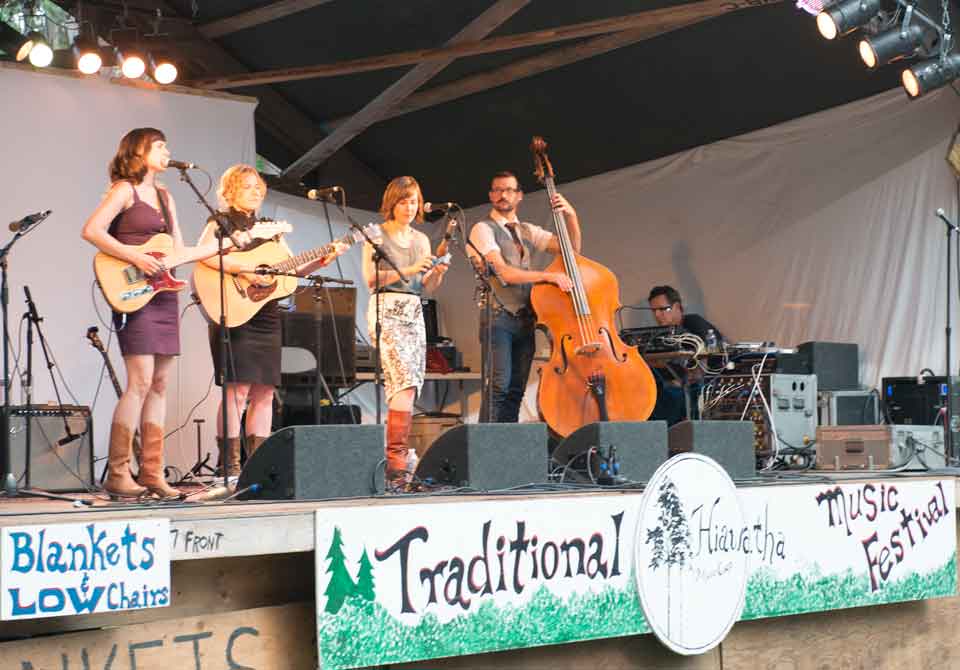
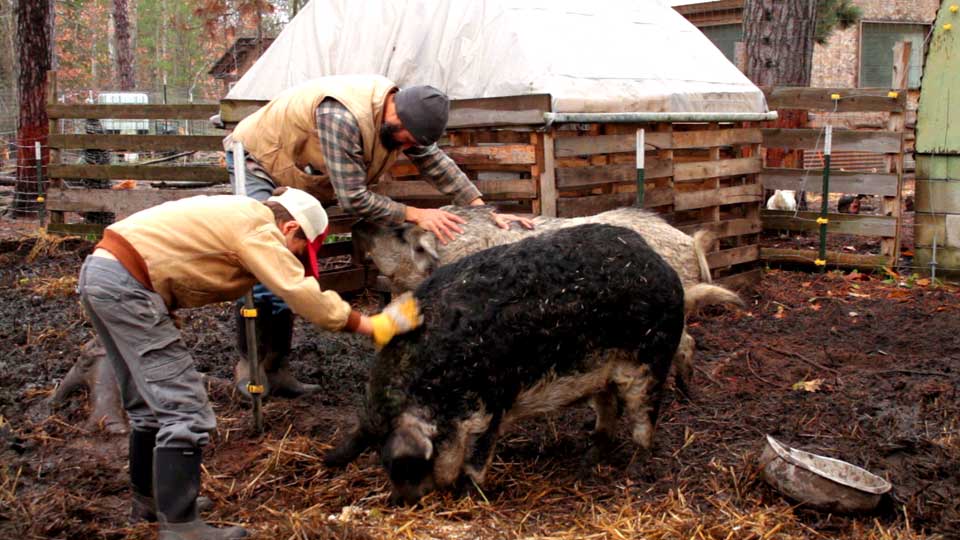

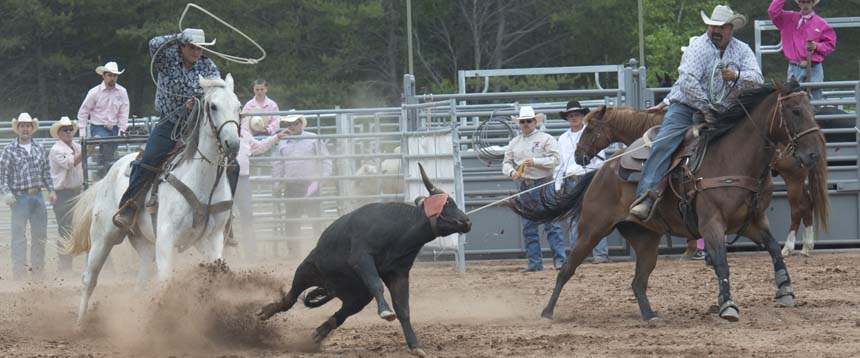
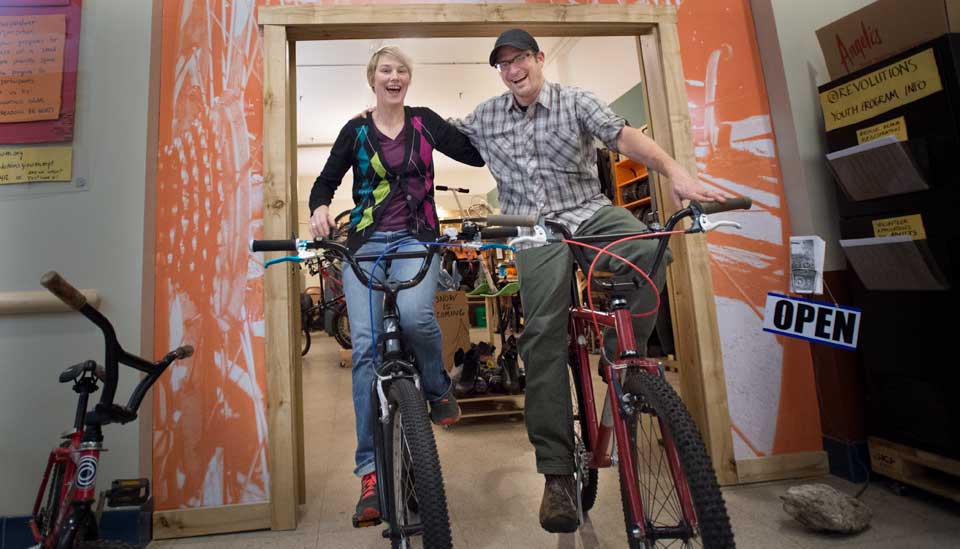

You must be logged in to post a comment Login